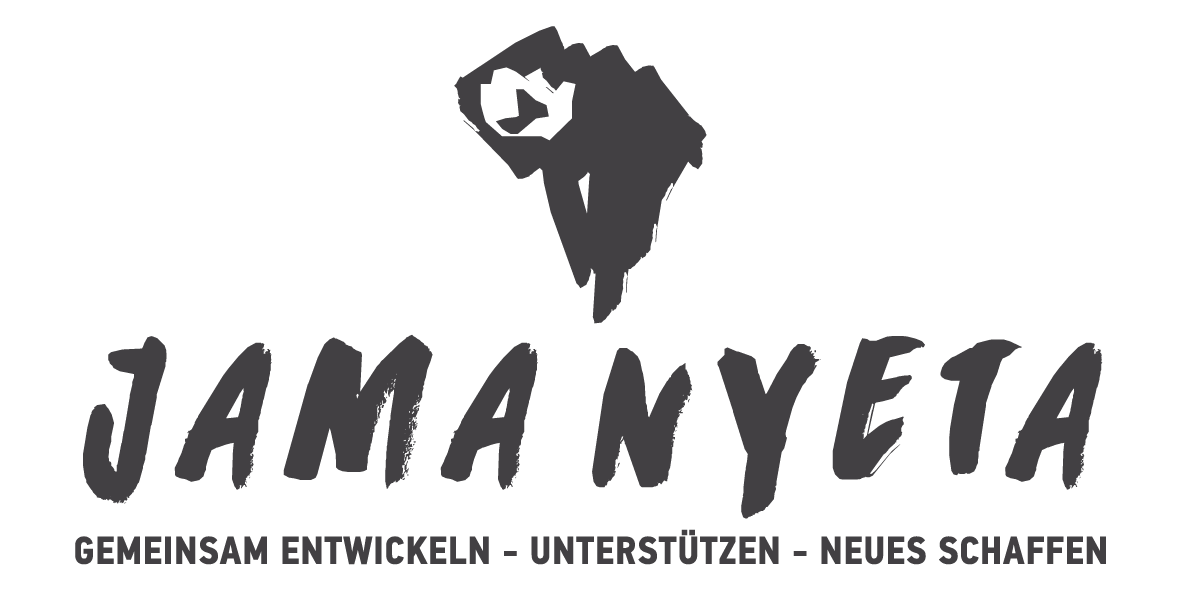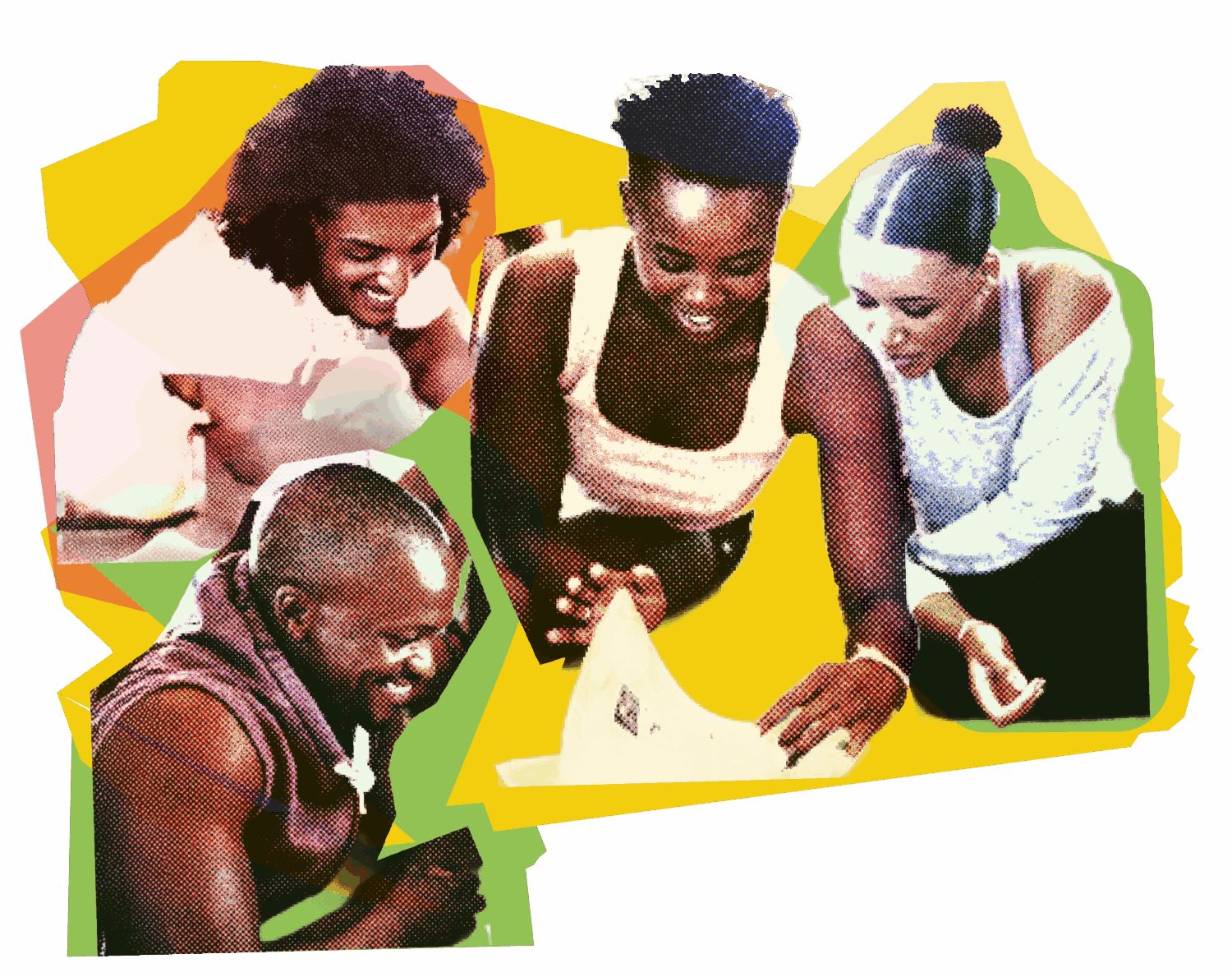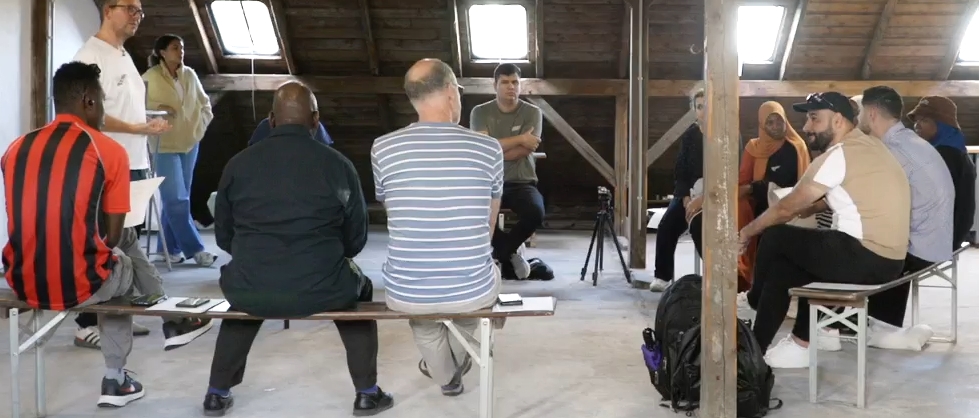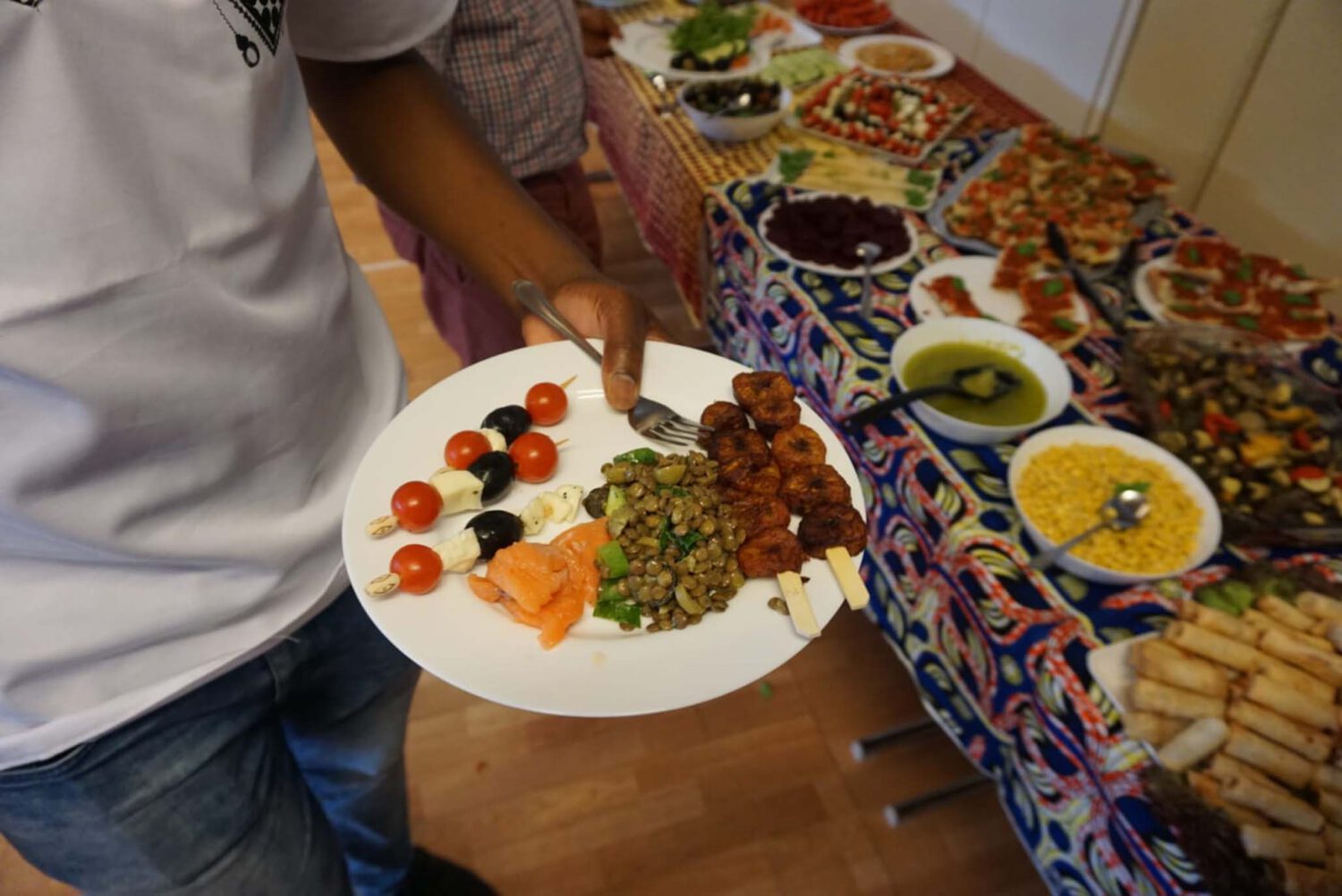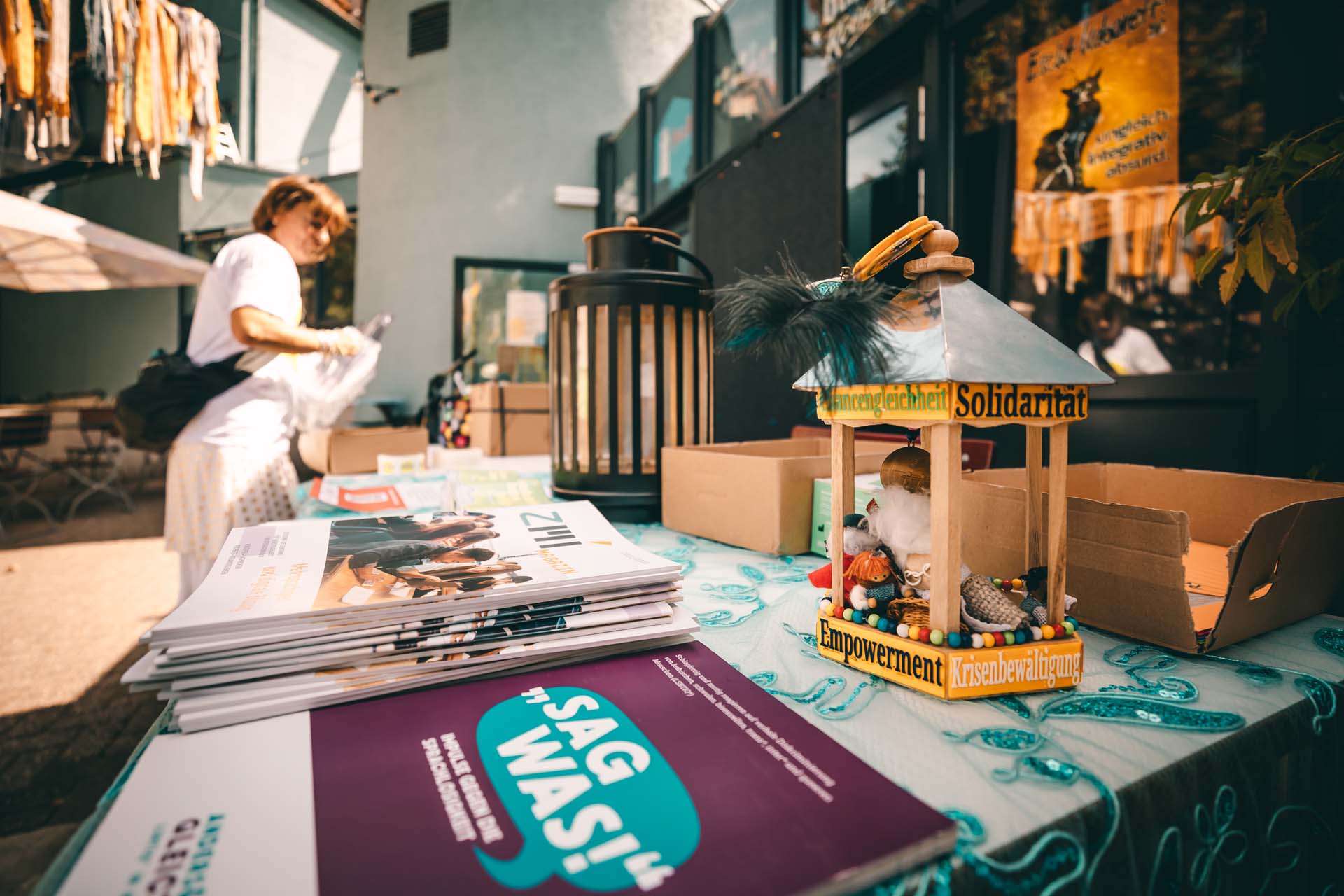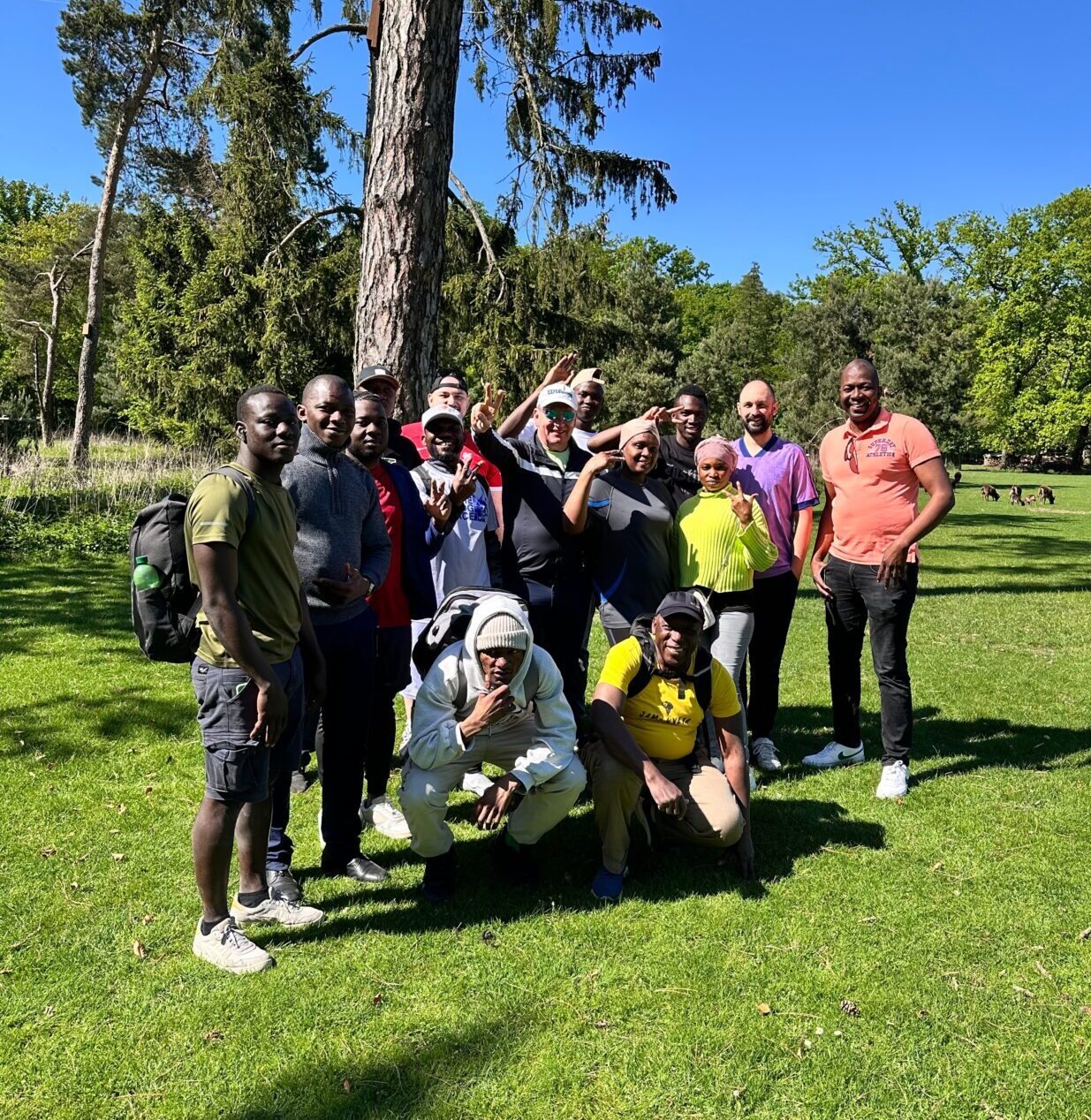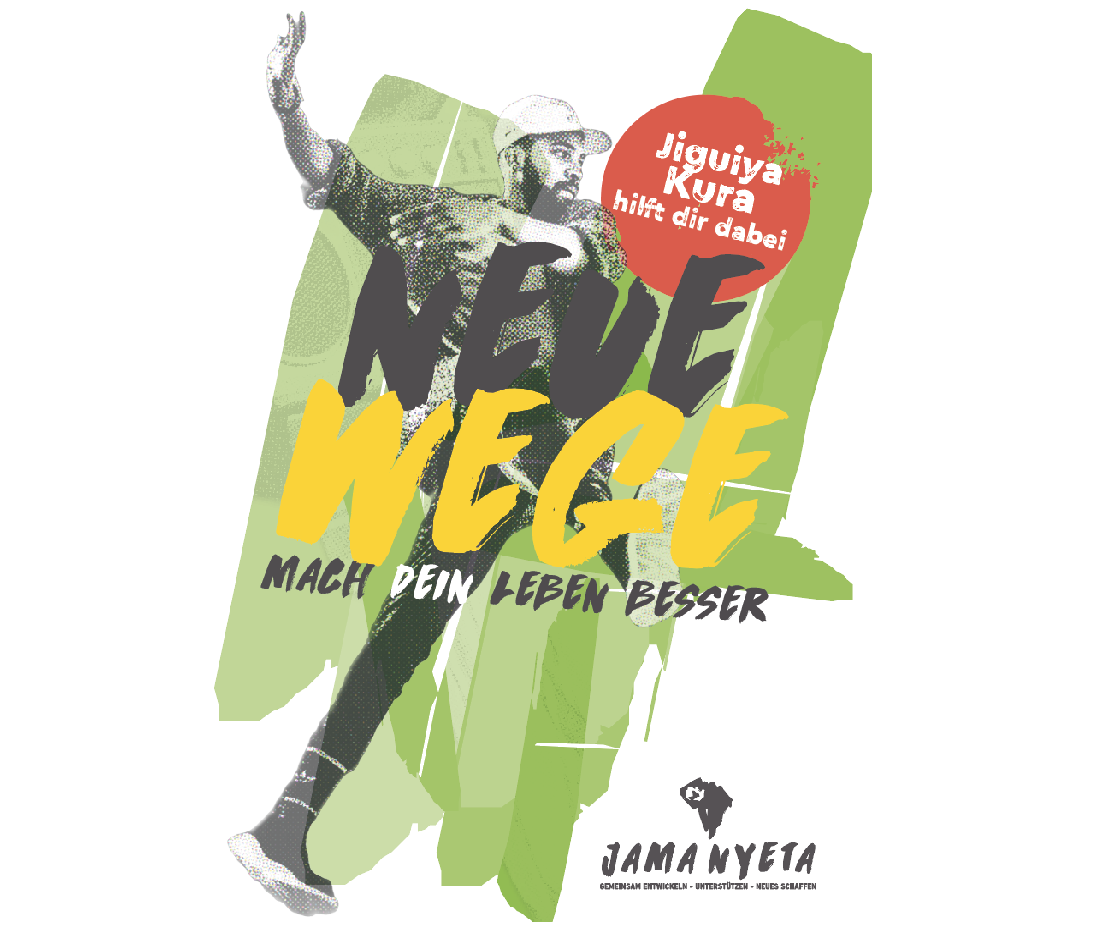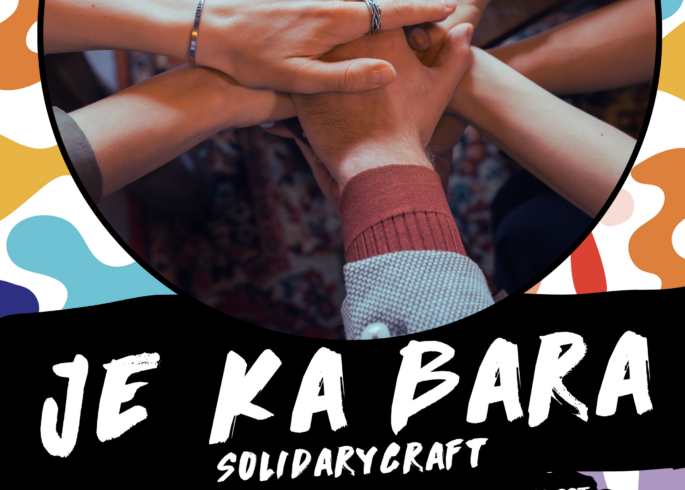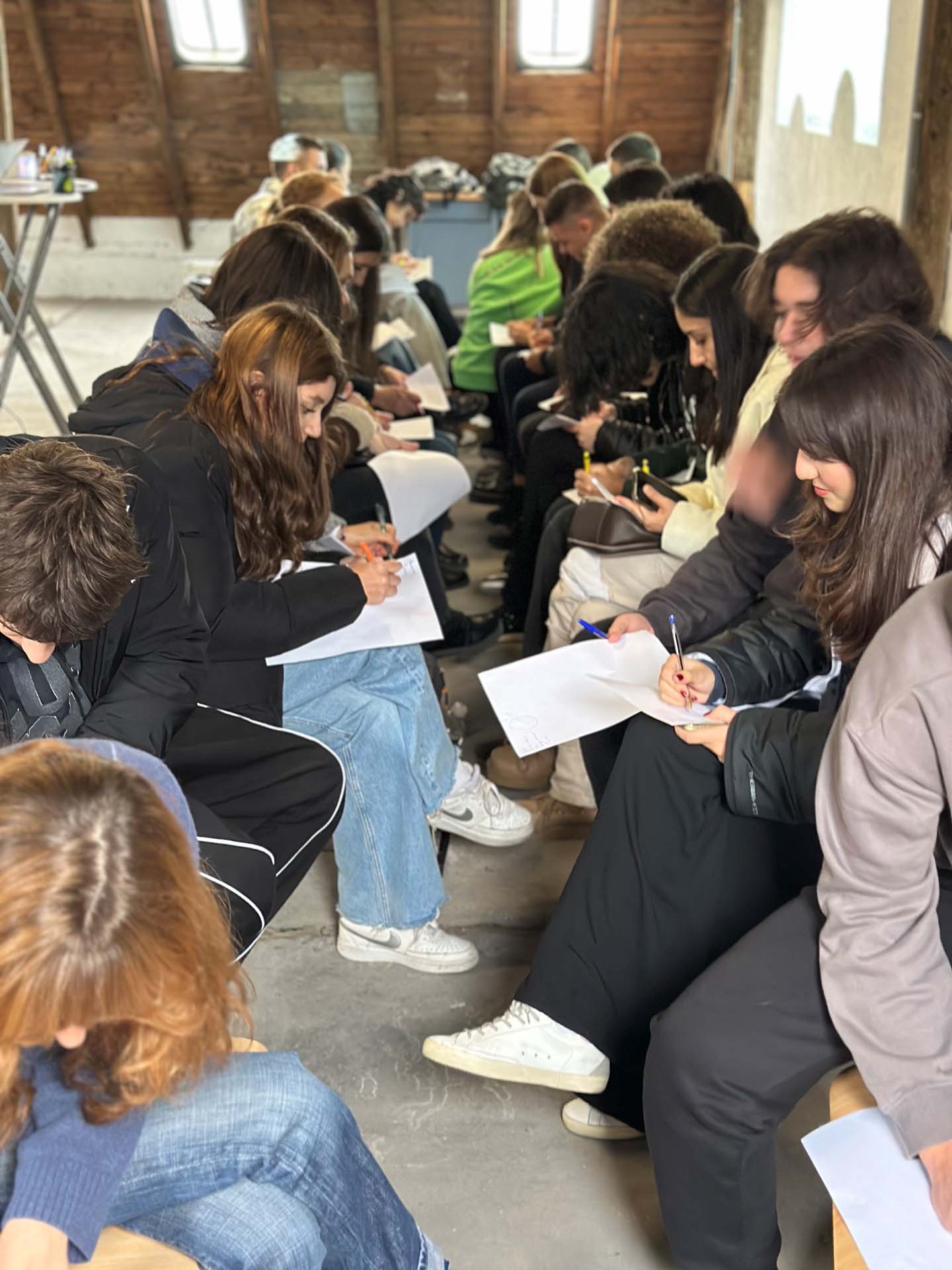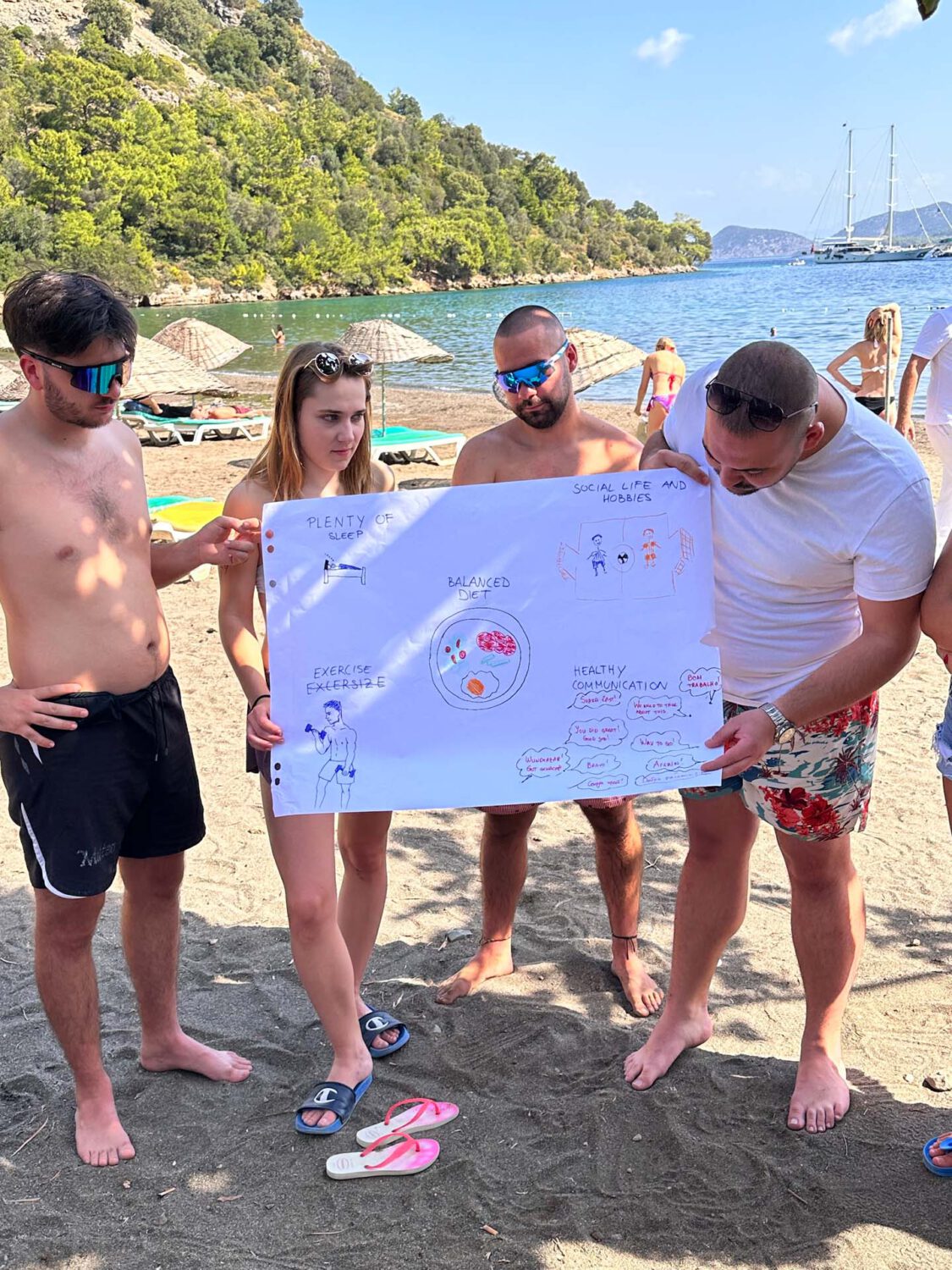Better mental well-being for youth with migration history
The aim of this project was to give young people from six different European countries the opportunity to approach mental health problems and improve their competences, knowledge and skills in the field of mental health protection. The project was implemented and coordinated by Jama Nyeta e.V. in Cologne.
At the beginning of the project, all participants were welcomed by their host Jama Nyeta. As coordinators of the project, the members of Jama Nyeta e.V. introduced themselves to the group and gave a short presentation about the many projects they are involved in nationally and internationally. To give all participants a transparent overview of the project topics and activities, everyone was shown the exact schedule for the upcoming project days. Each day started with so-called energizers to increase positive energy and create a good working atmosphere. Another recurring activity was the reflections at the end of each project day to review the participants’ progress and document what they had learned so far. Apart from the energizers and reflections, each project day addressed the topic of psychological well-being in a different way.
Yoga and mental health activities led by two qualified instructors helped participants get an initial idea of how to manage discomfort and improve their mental health. This activity was specially chosen for the first day so that all participants could recover from their long journey to Cologne. Since these yoga activities were well received by all participants, the coordinators decided to repeat some yoga postures on the sixth day of the project, in addition to other sports activities.
To address the topic of mental well-being from a medical perspective, Jama Nyeta engaged a physician who specializes in the field of psychiatry on the third day. With his expertise, it was possible to create a gentle environment in which participants could reflect on their personal experiences with mental health. All presentations on diagnosing wellness or depression were delivered in an interactive manner that allowed attendees to ask questions and clarify any potential ambiguities.
We consider the city of Cologne to be an exceptional and popular city for an Erasmus exchange. To show the city’s hospitality and foster a sense of community within the group, the fourth and fifth days served as sightseeing and exploration days. Not only did we explore historical sites and landmarks, but we also considered our group’s academic interests in these outdoor activities. Thus, we conducted a tour of the campus of the University of Cologne and presented various opportunities for studying abroad through Erasmus+.
Finally, the project offered three so-called intercultural nights, where the different countries Spain, Cyprus, Serbia, Bulgaria, North Macedonia and Germany presented typical cultural habits and national dishes. This cultural exchange helped foster friendships within the group and opened up the potential for long-term collaborations.
